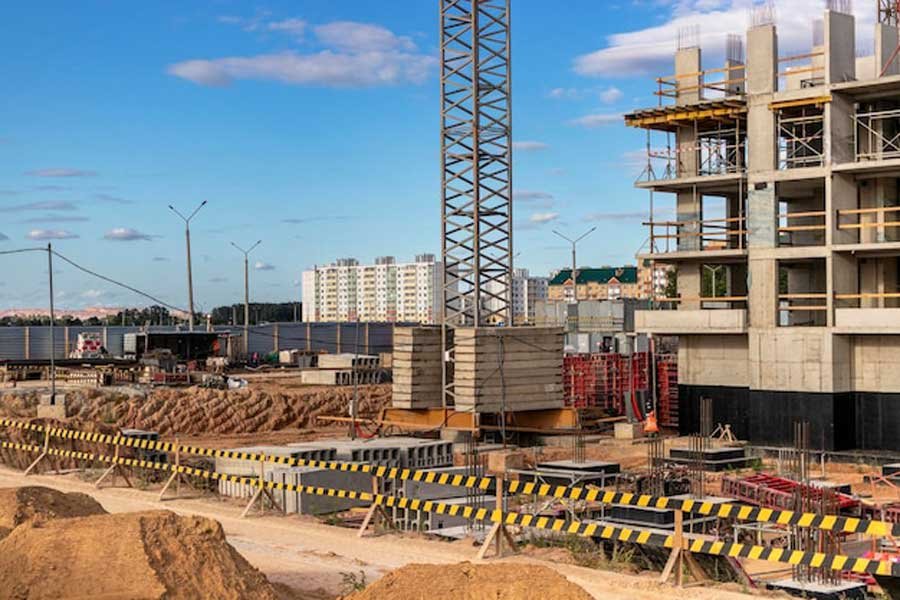Starting a construction project of any kind can be a large undertaking. If you find yourself having to work with concrete, there are some extra considerations to keep in mind.
Concrete is a great material to use when working on the construction. But the weight, time, and management of the material can make it difficult to work with. So here are three things to consider before starting a construction project involving concrete.
1. Is Concrete the Right Material?
Before starting any construction project, you need to figure out what materials make sense for your build. You need to consider the type of project you are working on. If you are pouring a new foundation for a house, then you’ll definitely need concrete. If you’re trying to decide what to use for new walls in a space, concrete may not always be the way to go.
Here are some factors to keep in mind before choosing your materials:
- Scope of Project
- Budget
- Environmental Factors
Concrete can be used in many different situations. It is an incredibly strong material. So if the scope of your project is a large warehouse, you can use concrete for flooring and supports for the entire build. This is a great foundation for a factory floor that will house heavy machinery.
You can also use flatwork concrete to build large pieces of walls and supports all in one go. While you may have to wait a while for the concrete to dry, it’s an overall pretty quick process and can cut your project time down.
Concrete is also easy to maintain and can withstand many different types of damage. If your project is in a place that experiences a lot of extreme weather, you can consider using concrete to keep your project safe from any damage. It can withstand gusting winds, heat, and cold.
Once you know that concrete is the best material for your project, you can start looking for the right concrete company for the job.
2. Finding a Concrete Company
Now that you’ve decided to use concrete you have to consider finding a concrete company to work with. These companies come in different sizes with different specialties. Some concrete companies work on smaller projects like walkways and driveways. While others are dedicated to large-scale commercial projects.
You’ll want to make sure that you do a little digging and read reviews. If you have other colleagues in construction, try to find in-person recommendations.
Once you find a couple of potential companies, take a look at their past work. This research will give you an idea of what types of projects they are capable of completing.
Lastly, figure out if you are able to communicate with this company well. You want to work together to make the best product possible. Communicating will be key in getting that done. If you find a contractor or a company that checks all of the boxes, then you’re good to get some concrete poured.
3. Cost of Using Concrete
The last thing you have to consider when building with concrete is the cost of using the material. When working with concrete there are a couple of costs to factor in. First is the preparation of the area you are going to be building on with the concrete. Concrete must be poured on a level surface, so you’ll need to do accurate prep work to ensure it’s poured correctly.
Concrete also comes in different grades at different price points. This can make your budget more or less cost-effective. If you are using concrete for walls or support, you’ll also have to factor in how much support materials cost as well.
At the end of the day, using concrete can end up costing a similar amount to any other material. But if you play your cards right, it can help save money on the building in the long run by using less energy consumption and needing less maintenance later on.
Conclusion
There are many benefits to using concrete in construction projects. As long as you know what you’re getting into before your build, you’ll be ready to create a perfect structure with concrete in no time.






